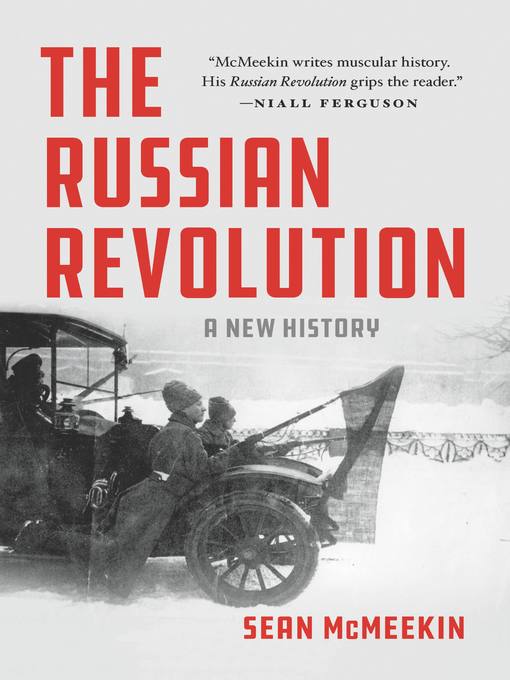- No wait, no problems
- What's new?
- Popular titles
- Check these out!
- Get Swept Away
- Read-Alongs for Kids
- See all ebooks collections
- No wait, no problems
- What's new?
- Popular titles
- Check these out!
- Get Swept Away (Audiobook Version)
- Read-Alongs for Kids
- See all audiobooks collections



